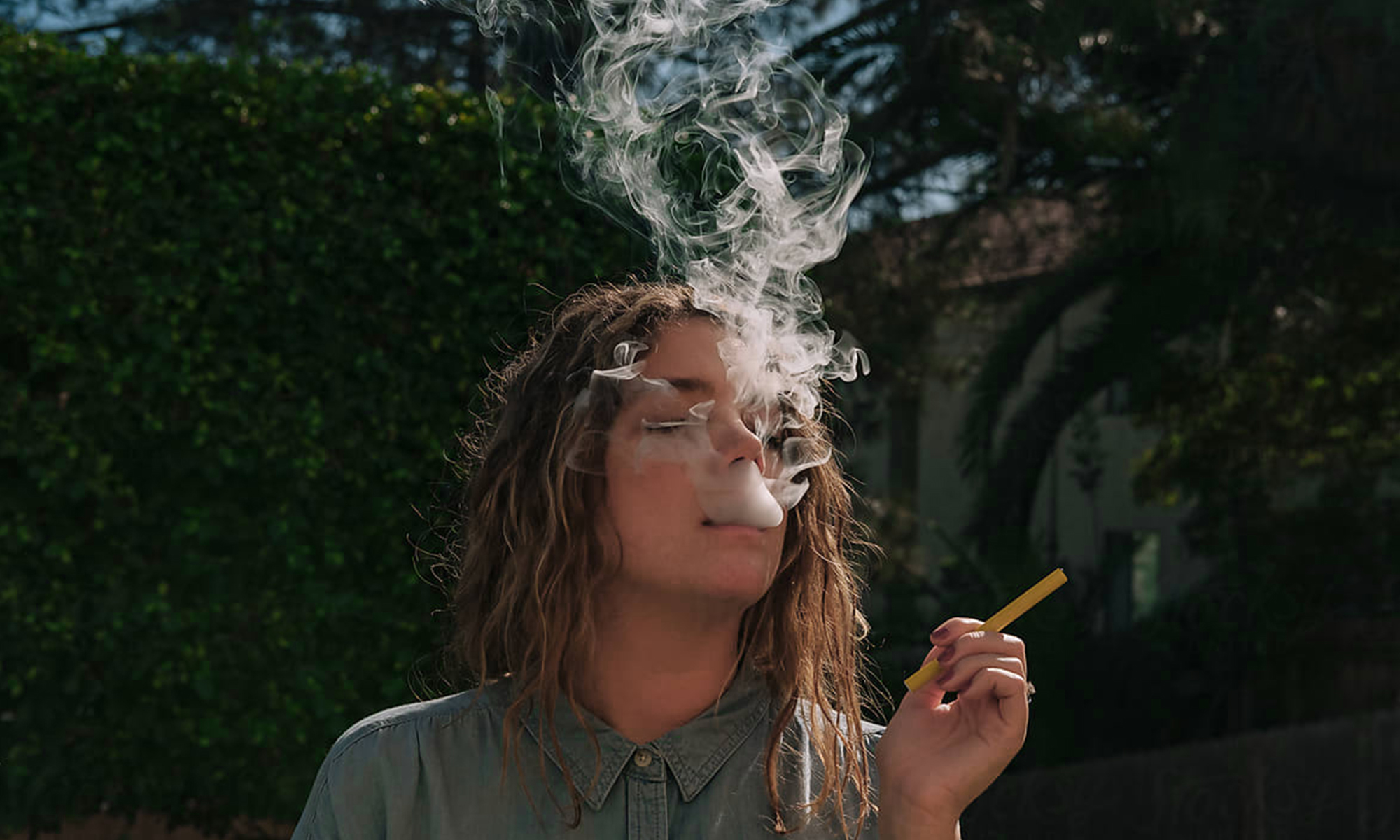Trends come and go, but with CBD it looks like this ultra-popular food supplement is here to stay in the world of wellness. Extracted from the cannabis plant, Cannabidiol (CBD) is one of the 113 Cannabinoids that houses a variety of uses, with medical research showing it can prove beneficial to certain consumers.
‘Can CBD get you high?’ is a common question asked by beginners and potential customers who are considering whether to take it, and what its worth to their overall health. Despite medical studies showing CBD could help with anxiety, treating cancer patients and even to help calm down dogs, sceptics still remain about the food supplement. Could this be because of its close ties to Cannabis (‘weed’) and its hallucinating side effects?
The misconception is understandable given the close tie between CBD and the more commonly known cannabis drug, which is illegal in some countries and passed as safe to use in others. In this article, let’s explore the chemical reaction you receive when you vape CBD, consume CBD oil drops, edibles or your other chosen method – and answer the myth surrounding Cannabidiol.
What are the effects of CBD?
Let’s clear up a frequent misunderstanding first of all – CBD does not get you high despite what many believe. CBD does act as a psychoactive drug like Tetrahydrocannabinol (THC), which causes the ‘high’ when you smoke weed. But the key difference with CBD is the extract is non-intoxicating. That means you’re safe to consume it without seeing any side effects like you would when inhaling or ingesting cannabis.
This is where the initial worry lies, because people think CBD will cause the same high as smoking cannabis, which is the most common method. They couldn’t be more wrong. Strict protocols are in place to protect consumers who choose to purchase CBD products online or in shops.
For instance, THC is legally required in the UK to be below 0.2% before it can be sold. Another way companies produce and sell CBD liquids or oils to comply with these rules is by extracting from the hemp plant. This provides no ‘high’ either if the amount of THC in the product. Any business that wants to act ethically should ensure very low THC levels for maximum quality and most importantly safe to use.
A comparison between THC and CBD
THC and CBD have several similarities. As we explained earlier, they both derive from the cannabis plant and act as a psychoactive. They also both have an affect on the CB1 receptor in the brain. While CBD works against any negative impact caused by the receptor, blocking the actions or ‘high’ caused in the mind by THC, Tetrahydrocannabinol working on its own will have a completely different effect on the body and most importantly brain. Some symptoms of inhaling or ingesting a product that mainly contains THC includes:
- Memory loss
- Red eyes
- Problems with balance and coordination
Cravings for food and a constant sense of amusement through high pitched giggling is just the beginning of the conversation for those associated with smoking cannabis! CBD in contrast has the opposite effect on humans, essentially blocking the receptors from creating that sense of euphoria known with THC. Combined, CBD actually stops THC from working effectively, causing a chemical reaction in the brain that prevents THC from causing the ‘high’.
So how does CBD make you feel?
While it’s great (for most) that CBD doesn’t cause a high, there are some potential side effects that can impact its use. You need to calculate the correct dosage which changes with each individual based on circumstances such as your height and weight. How you metabolise CBD also plays a role, so keep it in check by building up the dosage to the right amount that works for you. Most importantly, only consume CBD through edibles, oil drops under the tongue or vaping to support your daily routine. For some, side effects can occur, such as those from the list below, so stop using or consult your doctor if any of these persist:
- Dizziness
- Dry mouth
- Diarrhea
- Fatigue
- Nausea
Each person reacts differently, so always consider with care what you take and that it’s recognised by a governing body that monitors and approves CBD products in a certified laboratory.
Verdict: Will CBD get me high?
CBD is much safer to use than THC-heavy products, which cause hallucinations and euphoria when taken, especially in excess. Without that high given from THC, CBD actually provides the opposite effect, contrary to popular belief. It offers the potential to help reduce anxiety and depression, even potentially decreasing muscle pains, managing inflammation and assisting with struggling sleeping patterns.
When it ticks these boxes and comes in the form of vaping products, CBD oils and much more, it’s no wonder so many turn to it as a useful supplement. If you can find a tested CBD product that ticks all of these boxes and as we have highlighted does not contain the high, you have a winning formula for a better daily routine.
For more information about the effects and benefits of CBD, check out our other posts that cut through the noise and give you the truth about CBD.

